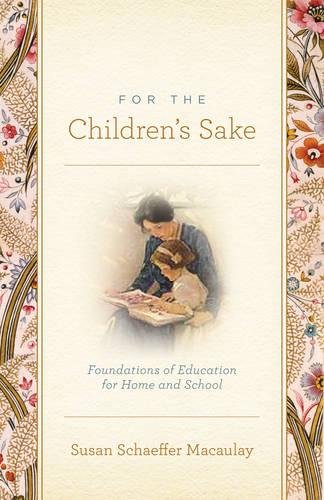What is math?
In Webster's 1828 Dictionary, we see that the word mathematics comes from the Greek word, "to learn."
What can we learn from math? What can mathematics teach us?
Yes, we know math teaches us the very real-life skills of balancing a checkbook, making change, calculating tax, and so much more - but what does it REALLY teach us?
When homeschool moms think of laying down rails, creating new habits, with math, we're most likely to think the rails are meant for us. (You know, that self-refinement thing?) We might even think the rails are more like the medieval racks. If you're not that homeschool mom, bless you, you inspire the rest of us.
Math is perfect for teaching rails.
It's an unchangeable language. It's theorized that it might be the language God used to speak the universe into existence. Everything in the world breaks down mathematically. So, even though it might be tough, it's worth the struggle.
Stick with math and let it form and mold you and your children well beyond the math worksheet or page.
We can learn to view math differently if we look beyond those numbers and formulas and gaze at the principles behind the subject.
Here are three ways to lay down rails with math.
Truthfulness
Math so beautifully demonstrates God's truthfulness. Long before children master abstract thinking, math provides concrete proof of truth. They can hold up little fingers and count one, two, three. That doesn't change. It helps them see that numbers represent truth.
When we use this mathematical truth to train their abstract thinking, we can show them that God is One. We can teach them one way to heaven-through our Lord Jesus Christ. That the Lord loves each one of us individually.
This is important to our home life as we learn to trust and love one another based on the love the Father has modeled to us in His Son.
Taking Turns
Moving beyond the theoretical rails, we can use math to lay down the rail of taking turns. This is an important attribute for our children to master. Our natural man wants to go first. Learning to put others before ourselves when appropriate, and taking the time to understand the importance of letting someone go before us fosters empathy.
(Children can practice this through so many things - when playing math games is just one of many times.)
This type of emotional intelligence may be the most important personality trait to develop. Book smarts are important, but learning to walk in another's shoes will serve not just the child's self, but the world. We need more of that today.
This is important to our home life as we learn to serve one another in humility, even when we don't feel like it, creating peace.
Paying Attention
Numbers are funny things. They are facts that simply won't budge.
If we make a typo when typing, or misspell a word when writing, our brains can work around this error to "figure it out."
Math isn't like that. It's not as forgiving. If we use a 3 in place of a 5, the error is carried throughout the problem solving and cannot correct itself.
This allows us to lay down the rail of attention when teaching math.
It doesn't matter if it's a math game or a math book problem, paying close attention to the actual numbers, the operations or instructions, and checking our answers begs for attention to be paid.
This is important to our home life as we learn the importance of diligently working through difficult situations with patience and attention in order to develop trust and right relationship with one another.
Maybe math isn't just about pesky numbers or that Algebra 2 we've long forgotten since high school. It could be the tool the homeschool mom can use to lay down rails that will create peace and harmony in her home and homeschool.
* This post is part of the series: Laying Down Rails in Your Homeschool.
Resources
American Dictionary of the English Language (1828 Facsimile Edition)A Charlotte Mason Companion: Personal Reflections on The Gentle Art of Learning(TM)Habits: The Mother's Secret to Success (Charlotte Mason Topics) (Volume 1)For the Children's Sake: Foundations of Education for Home and SchoolTeaching from Rest: A Homeschooler's Guide to Unshakable PeaceConsider This: Charlotte Mason and the Classical TraditionThe Living Page: Keeping Notebooks with Charlotte MasonFormation of Character (The Home Education Series) (Volume 5)















